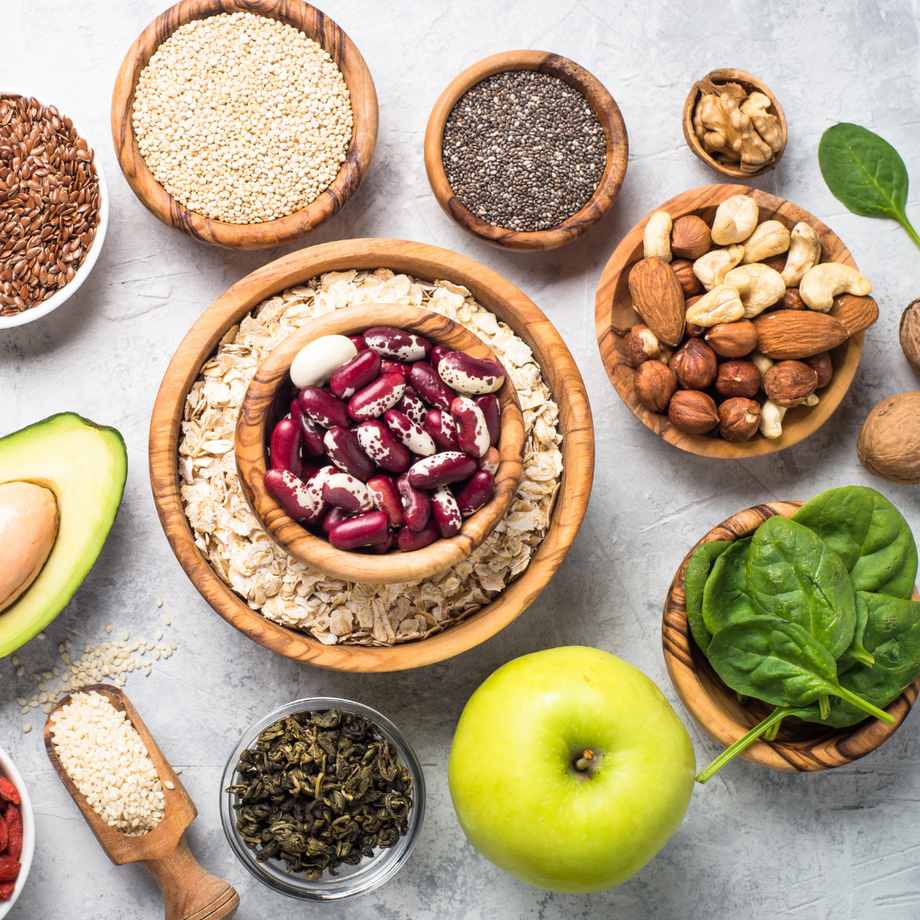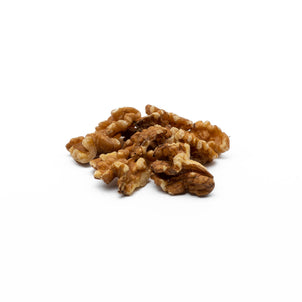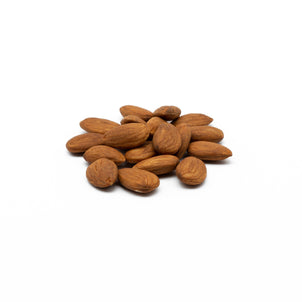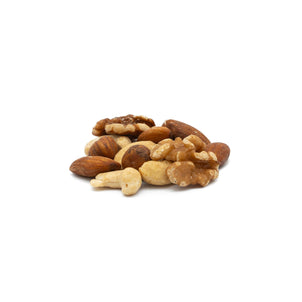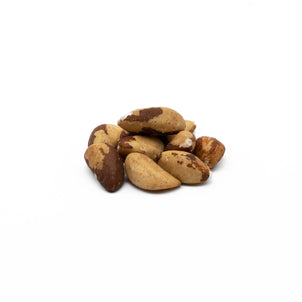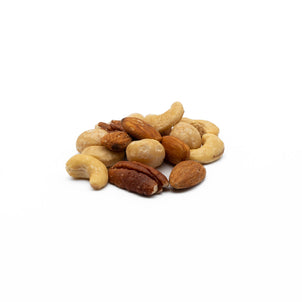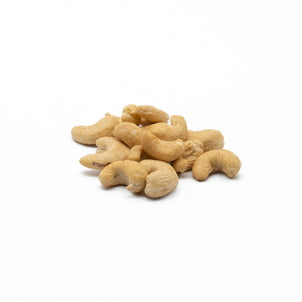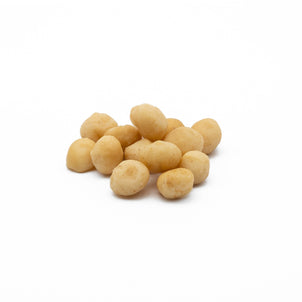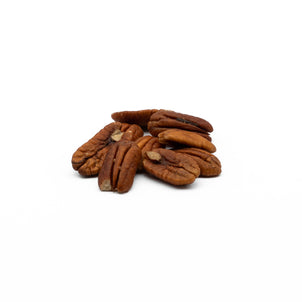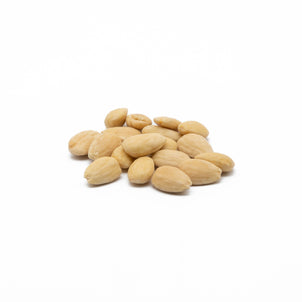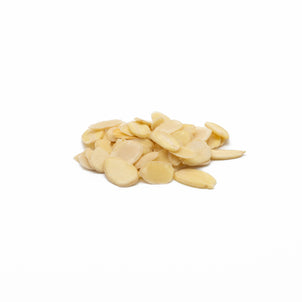Why Nuts are a Crucial Part of a Balanced Vegetarian Diet
Nuts in a Vegetarian Diet
If you follow a vegetarian diet, consuming a diverse range of healthy plant-based foods can help you meet your nutritional needs. Some nutrients, like protein, iron, calcium, zinc, and vitamins B12 and D, may be more challenging to obtain on a vegetarian diet without careful planning.
That’s where nuts can be especially beneficial!
Eating a handful (30g) of nuts daily can significantly help vegetarians reach their nutrient goals. Nuts provide important nutrients for a vegetarian diet, including protein, iron, zinc, calcium, and omega-3 fats.
The 4 main types of vegetarian diets
- Lacto-ovo-vegetarians – eat dairy foods and eggs, but no meat, poultry or seafood. This is the most common form of vegetarianism.
- Lacto-vegetarians – eat dairy foods, but no eggs, meat, poultry or seafood.
- Ovo-vegetarians – eat eggs, but no dairy foods, meat, poultry or seafood.
- Vegan – eat only plant foods; no animal products at all, no meat, poultry, seafood, eggs and dairy foods.
Health benefits of vegetarian diets
Numerous studies demonstrate the health benefits of a vegetarian diet which include less heart disease and diabetes, normal blood cholesterol and blood pressure and healthier body weight and there are many reasons why this may be the case. In general, vegetarian diets:
- Are low in fat, particularly saturated and trans fats.
- Contain a high proportion of healthy monounsaturated and polyunsaturated fats.
- Are low in dietary cholesterol (a vegan diet is cholesterol free).
- Are high in dietary fibre.
- Contain more fruits, vegetables, nuts, legumes and wholegrains.
- Are high in antioxidants and phytochemicals. It’s likely a combination of factors, including these, give vegetarians a health advantage.
Meeting nutritional needs
Some nutrients require special attention in a vegetarian diet, and with the exception of vitamin B12 (which is only found in animal products), nuts can provide these nutrients. Here’s how:
10 Ways to include nuts in a vegetarian diet
- Pair nuts with dried fruit and seeds for a nutrient-rich snack.
- Snack on cashews, pine nuts, and pumpkin seeds for a zinc boost.
- Add chopped walnuts and crushed linseeds to cereal for omega-3s.
- Mix rolled oats and barley with nuts and dried fruit for a nutritious breakfast.
- Use nut spreads on toast or crackers.
- Add roasted cashews or peanuts to tofu and vegetable stir-fries.
- Substitute nut spreads for butter in baking.
- Top pasta with pine nuts or make pesto with pistachios, basil, garlic, and olive oil.
- Blend Brazil nuts with grated vegetables to create meat-free burgers.
- Enhance salads with pine nuts, pistachios, or crushed macadamias.
References
This information was provided by Nuts For Life. For further information on nuts and health, refer to www.nutsforlife.com.au
